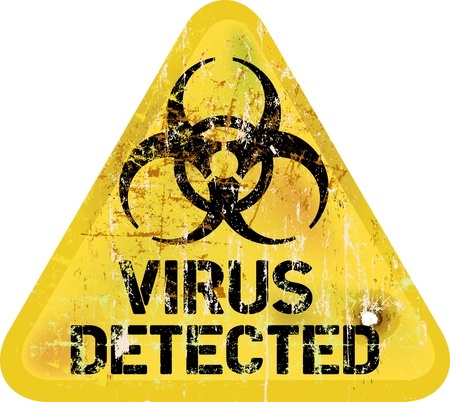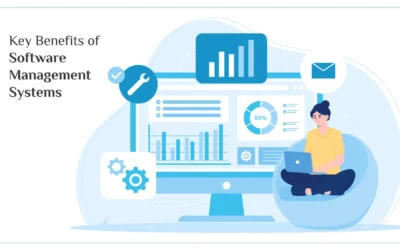Computer users are smarter today than they used to be, but so are the internet bad guys trying to access your information. The online world is changing and social media has added a new layer to the level of awareness and diligence the average user must employ to stay safe. Malware authors are becoming more and more creative and are frequently invading our favorite social networking sites with viruses, spam links, spyware and more. In short, some of your favorite sites are being used against you. The good news is that these threats can be avoided, but you need to know what to look for.
Most social networking viruses are triggered by users who are tricked into clicking on a link or downloading some software. Twitter was recently hit with a virus that redirected users who clicked on shortened goo.gl links to a rogue antivirus site. After a quick scan, it incorrectly warned users their computers were infected with a virus and urged them to pay to download a phony software solution to get rid of the virus.
A little common sense goes a long way…but if you’re still not sure what’s safe, consider these tips:
- Be extra vigilant about any links you even think about clicking on while browsing your favorite social networking sites. Make sure you know which site you will be redirected to before you click the link. If you can, right-click the link, copy it and paste it into a Word document to see your likely destination. If it is not a site you know or trust, avoid it.
- Social networking viruses are often linked to sensationalist posts about celebrities or current news events, so be suspicious of links that boast over-the-top or unrealistic claims.
- Avoid third-party plugins that only let you view the information they advertise if you install their app. This is often a gateway to spreading a virus to all your friends and followers.
- Ensure that you have a good antivirus software solution that is up to date and running frequent scans on your computer. This is undoubtedly the best defense you can have against viruses on social networking sites. Products like these are the quickest way to detect and remove any viruses you may encounter accidentally.
Social networking sites are just as focused on eradicating this malware as anyone else, and most have their own security centers that are dedicated to finding and removing such threats. However, given the nature of these viruses, users have to accept some of the responsibility because the virus is only activated when someone clicks on it.
So, should you avoid social networking sites? No, but it is important to exercise caution while using them, and to make sure that you have a good antivirus solution on hand in case the worst happens.
Is your business beginning to use social media more in marketing efforts?
Contact us to learn more about antivirus solutions and how you and your employees can stay safe.
Like what you’ve read? Use our social media buttons to share this information.




